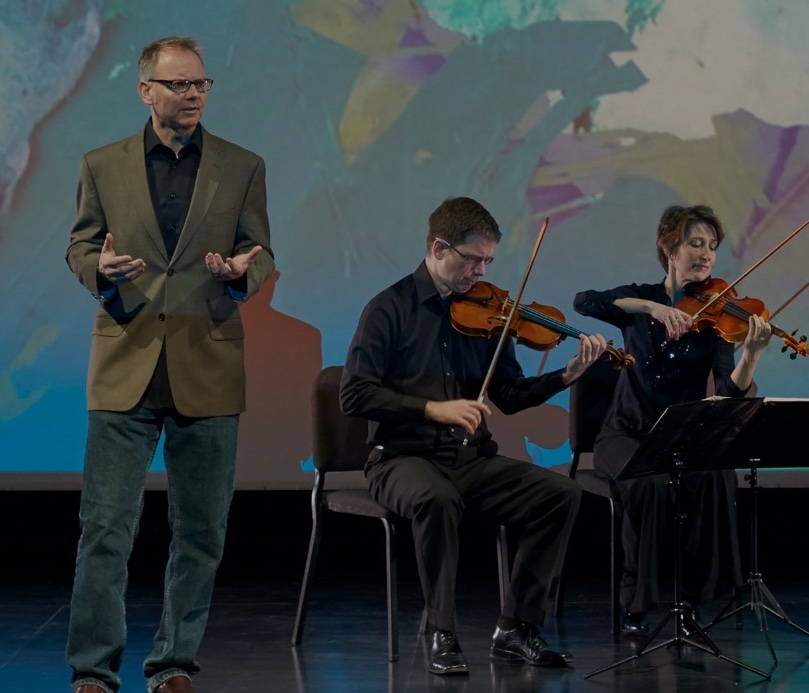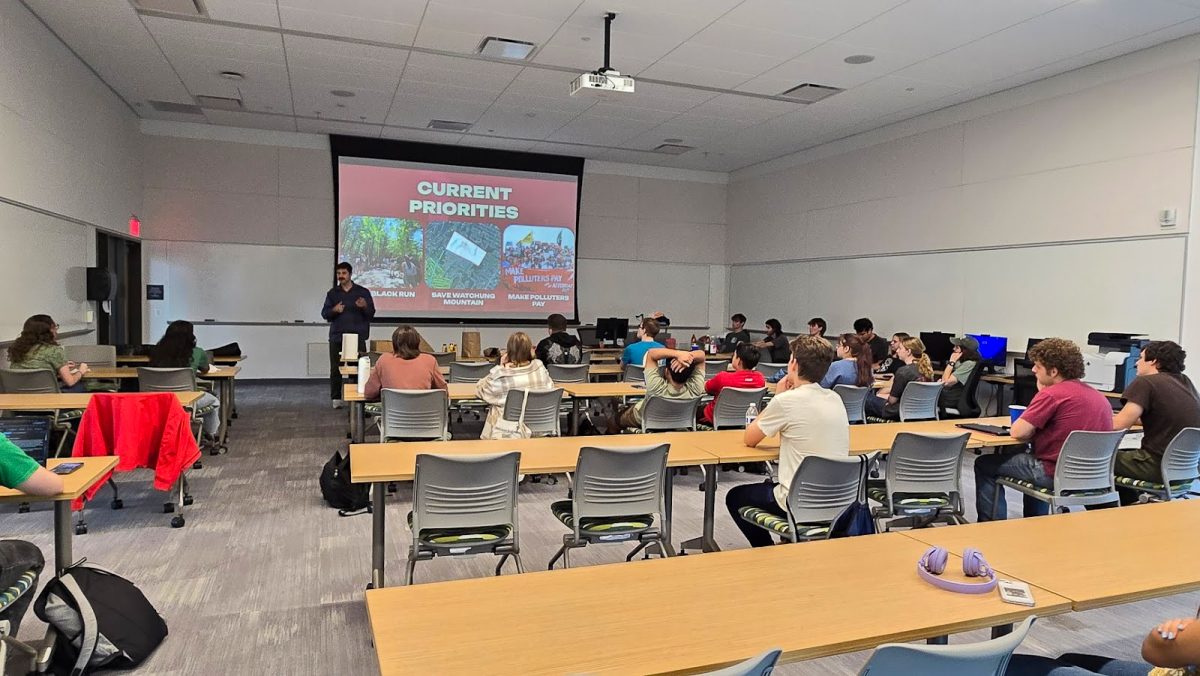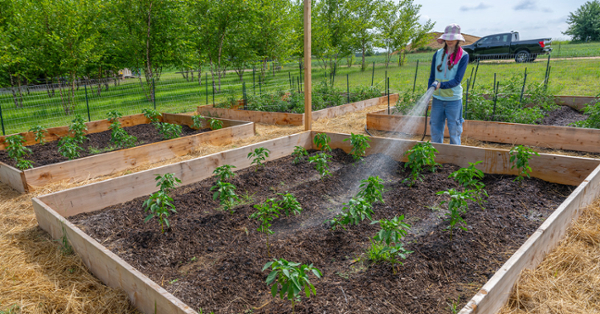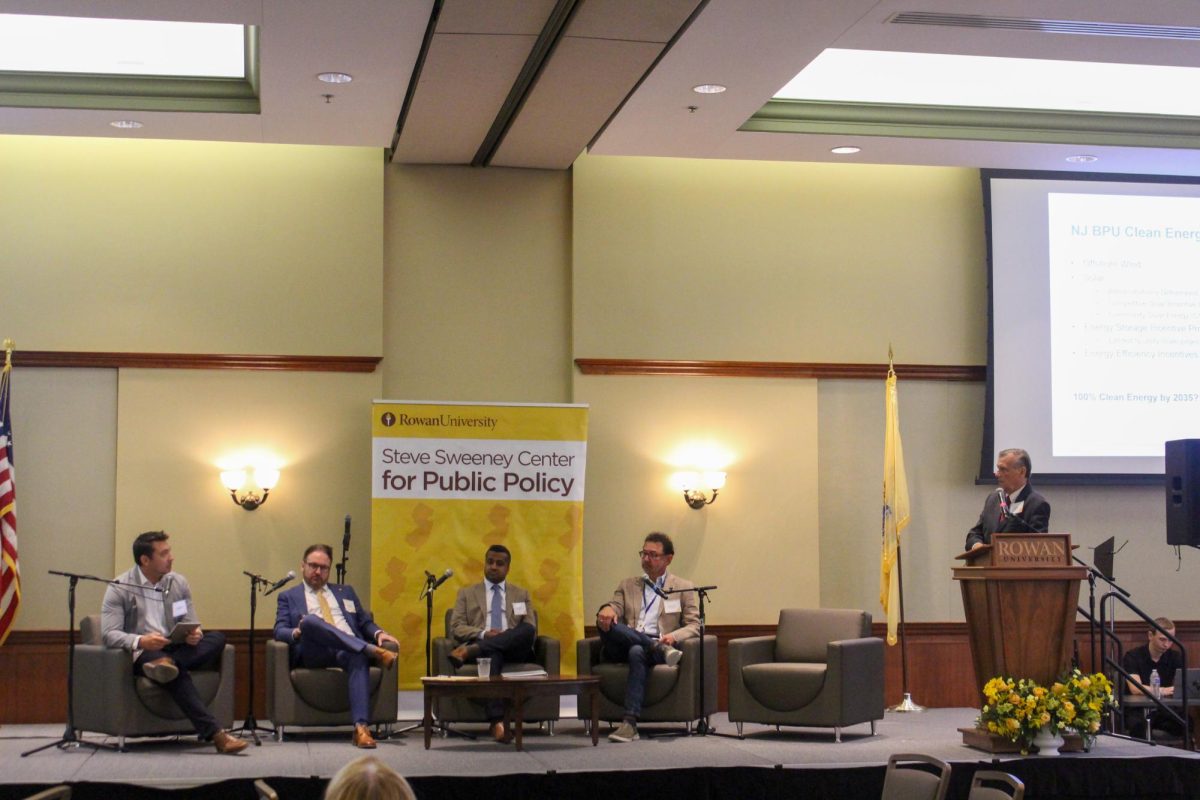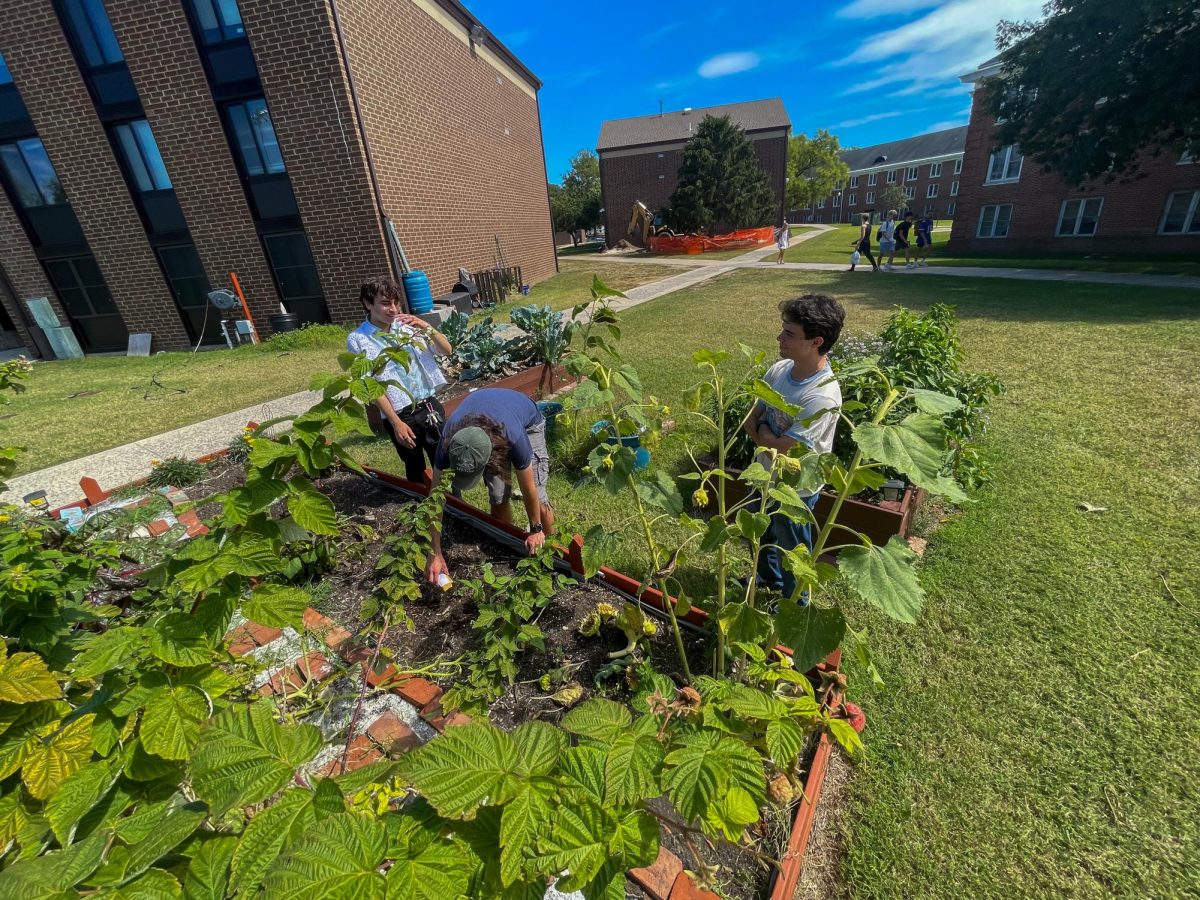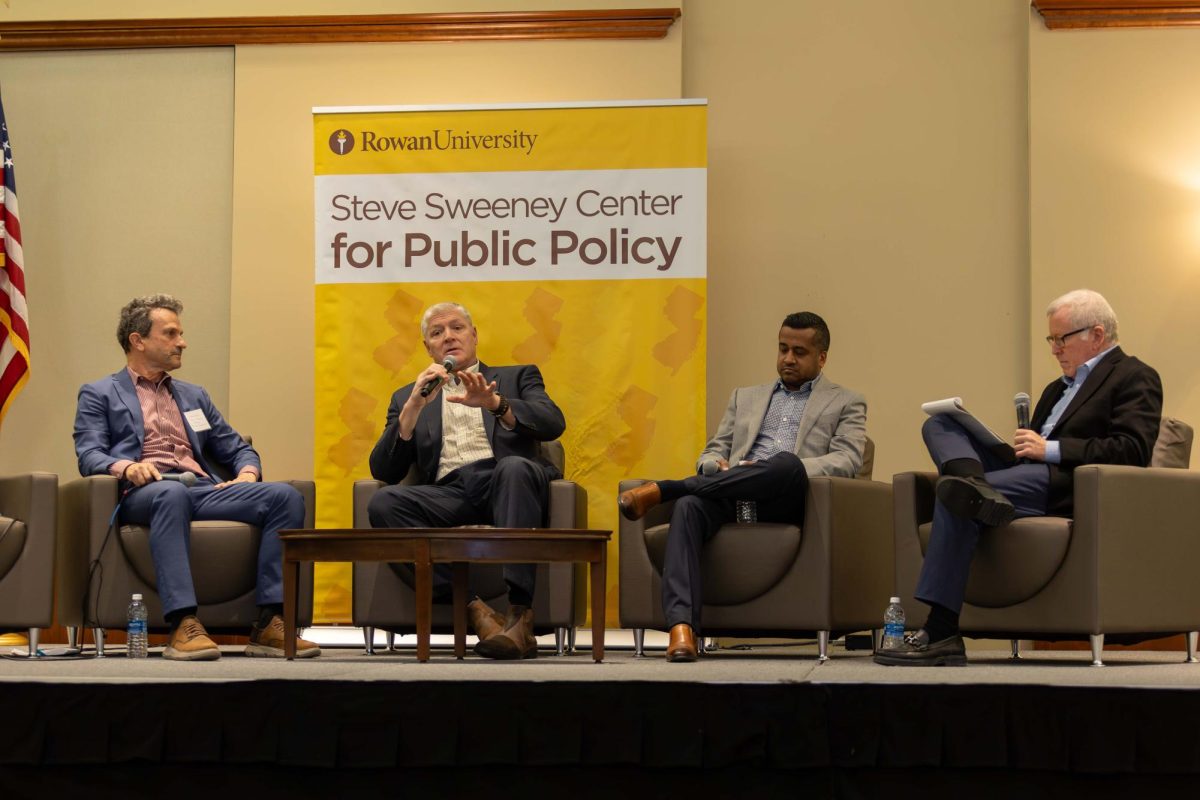On Sept. 22, 2023 in Pfleeger Hall, The Crossroads Project took center stage to put on their concerto-infused science presentation for the students of Rowan University. As audience members, both students and teachers filled the concert hall, the projector showcased the different sections of the presentation with their respective scores underneath.
Once 7:30 p.m. hit, the lights were dimmed and the show began. The speaker, Robert Davies, a P.h.D. physicist, walked onto the stage neatly attired and began the presentation. Emulative of a PBS spokesperson with careful pacing and intentional pauses between words, Davies effectively conveyed the imminent threat of climate change to our world.
The music consisted of violinists Robert Waters and Rebecca McFaul, violist Bradley Ottesen, and cellist Anne Francis Bayless. Together they made up the Fry Quartet. The music is composed of Haydn, Keminsky, and Janacek.
Though there were only four musicians among the performers, they’re music filled the room like an orchestra. The music was no different than the scores of epic movies in its enormous scope and capacity to fill large spaces. During many of the pieces, Bayless and Waters would implement pizzicato techniques plucking the strings adding an eerie but urgent attribute to the music.
The stark and riveting qualities of the performance perfectly complimented the photographs of climate change. Also, the presentation included graphics and visual arts brought to you by Rebecca Allan, a landscape painter based in New York who works to express the fragility of our ecosystems using the abstract world.
Garth Lenz, a photographer who works in the contrast between industrial and natural landscapes is responsible for incorporating the photos into the presentation with a quality only comparable to that of National Geographic or Time magazine. The photographs chosen for the presentation were clear-cut wake-up calls of struggling communities and natural disasters ravaging our planet.
Along with showcasing these photographs on the screen, Davies laid out statistics and facts about the endangerment of our planet. He made it clear that there are 882 animal species that are going extinct due to climate change and over 15,000 are vulnerable to these new environmental conditions that our capitalist, consumerist society has laid.
In the societas section of the performance, Davies laid out the implications that our society presented in the excessive waste and pollution we dispose of. He simply put it that we will not destroy our planet but it will destroy us. This is the rising tide we have to be aware of.
After the quartet bowed for their performance, Davies, Rebecca Allan, the visual arts director, and production manager Jeff Counts took their seats and hosted a Q&A panel about the show.
One student asked if there would be a film that eventually would be released to the general public, to which Counts handed over the question to Davies.
“I believe this is our 61st performance over the last ten years, and during COVID, of course, we had a number of performances canceled and so during that time, we constructed a film of our performance at our beautiful theater at Utah State University. Our videographer, Eddie Lorna, who’s listed in the credits is responsible for the film and you can view it on our website for free, it’s up there,” said Davies.
Another student asked Allan if there was ever a time they questioned doing the presentation.
“Well, yes I have…but it gets knocked down pretty quickly because what kicks in at the end is the mindset on resolve and part of that is that I look around,” she peered from left to right, “and try to think of what I am involved with in today or what I’ve been involved in as a result of working on this piece with the Crossroads project and my colleagues, and it has really changed my life substantially in the last eleven years,” said Allan.
Allan also noted that she studied sustainable garden design and is a lamb conservation advocate in the state of Kentucky.
Davies, the Fry Street Quartet, and the whole production crew involved in The Crossroads Project provide an excellent source of inspiration for climate change issues. During the Q&A panel after the show, it became apparent the time they’d sacrificed to bring their presentation to universities across America.
The Crossroads Project is scheduled to perform on other university campuses like Elgin Community College in Illinois on Oct. 8 and at a nonprofit performing arts center in Healdsburg, California on Feb. 28. You can follow their schedule and shows on their website. You can also look more into the backgrounds of the performers and management, and donate to their cause on their website.
This article originally appeared in the The Whit, a student-operated campus news outlet for Rowan University and a content partner with South Jersey Climate News.

